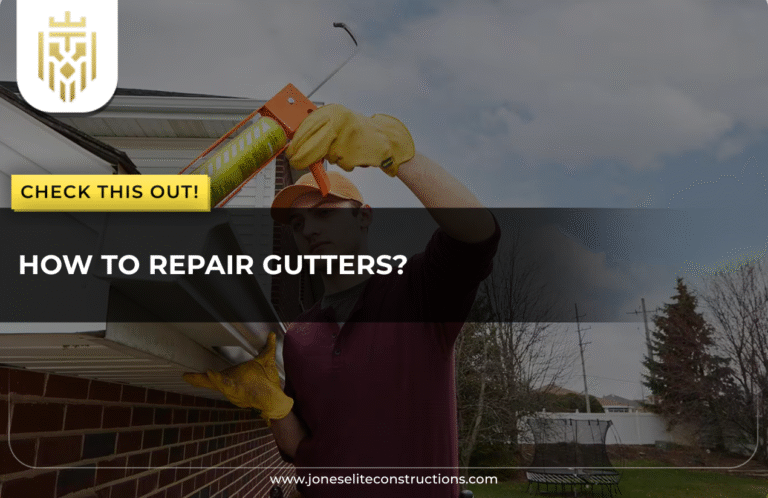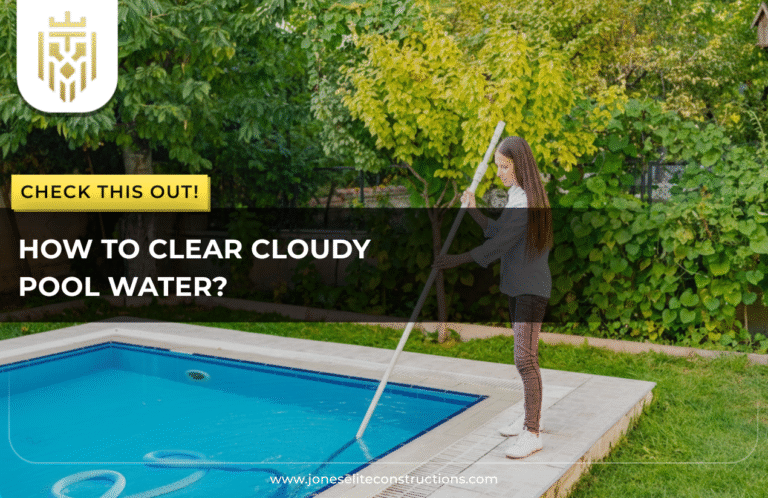What Are Gutter Guards?
Gutter guards are a protective cover placed on the gutters to avoid the blockage of the drainage by debris, leaves, and twigs. They enhance water movement, minimise maintenance, and lengthen the lives of gutters, which is an effective protection for new homeowners aiming at long-term convenience.
What Are the Different Types of Gutter Guards?
Gutter guards are of several types, with mesh, foam, screen and leaf being some of them. Learning the types of gutter guards available to the homeowner assists in choosing the most appropriate one to fit his or her home, taking into consideration efficiency, durability and repairs.
Screen Gutter Guards
Screen guards are composed of plastic or metal with holes in them to filter out big trash and give water a way through. They are cheap and simple to install, yet could need regular cleaning in places with small particles such as pine needles or dust.
Micro-Mesh Gutter Guards
Micro-mesh gutter guards are better at filtration, eliminating even minute particles such as seeds and shingle grit. They provide good gutter security, are durable and save much on maintenance, hence ranking among the most popular types of gutter guard among homeowners.
Brush Gutter Guards
Brush gutter guards are cylindrical-shaped bristles installed in the gutters, which collect leaves on top and allow water to flow down the gutters. They are cheap and easy to install and suit light debris but will get clogged in high-leaf fall zones, so will need a regular clean.
Foam Gutter Guards
Foam guards are inserted directly in gutters where they filter the water and trap the leaves. These foam guards are light in weight and can be installed conveniently, saving you the hassle of cleaning, but can degenerate after some time. Knowing the pros and cons of gutter guards is helpful to make decisions and determine whether foam can be used by homeowners.
Surface Tension Gutter Guards
Surface tension gutter guards are based on the physics of water so that they can direct rainwater into the gutter to block leaves and debris. This process minimises congestion and maintenance, and it provides good gutter protection. They are efficient, depending on how they are installed and the type of roof.
PVC Covers
PVC covers are hard plastics that are covered over the gutters to avoid collecting debris. They are lightweight and sturdy and provide moderate resistance against gutters, as the performance can be distorted under harsh weather circumstances. They need to be occasionally checked for debris.
Factors to Consider When Choosing a Gutter Guard
When choosing a gutter guard, one should take into consideration such aspects as the type of roof, the nature of debris, the climate, and the maintenance needs. Understanding how to select gutter guards means efficiency in the long run, less cleaning of gutters and the prevention of water damage, besides increasing the life cycle of the gutter system in the entire house.
Climate and Weather
Gutter guards are dependent upon weather patterns. Severe rains, snow or frequent storms can necessitate tough gutter guards or mesh guards to protect their gutter best. To make sure that the selected gutter protection system will work throughout the year, homeowners must take into account local climate.
Type of Debris
The type of rubbish your gutters have to deal with influences the choice of guards. Homes that have numerous leaves can use leaf covers or foam covers, whereas regions that have fine particles may need micro-meshes. Knowledge about debris assists in identifying the most preferred type of gutter guard in order to achieve maximum results.
Gutter Size and Roof Type
The size of gutters and structure of the roof influence the efficiency of the guards. Bigger gutters can have bigger screen guards, and steep roofs can have specially designed gutter guards. Taking into account these factors guarantees that water flows correctly and debris is minimised, which minimises maintenance problems.
Maintenance Requirements
The gutter guard maintenance requirements depend on gutter guard types and advantages. Micro-mesh is a type of guard which only requires little cleaning, whereas a brush guard needs good care. Learning maintenance assists homeowners to save time and ensure gutter protection.
How to Maintain Gutter Guards?
Gutter guard maintenance increases the lifespan of the guards and guarantees maximum efficiency in their functions. It is necessary to perform regular inspections, clean up debris, water flush, and damage inspection. The correct maintenance will eliminate the clogs, water overflow, and expensive repairs, maintaining efficient gutter protection.
Inspect Gutter Guards Regularly
Sometimes, it is preferable to give your gutter guards a check-up just to ensure they are in place and are working. Inspecting debris build-up, loose fittings, and breakage prevents clogs, leaks, and water damage, which makes gutters efficient and extends the duration of your gutter protection system.
Remove Any Visible Debris
Blockages are avoided by clearing the leaf guard and gutter of visible leaves and debris. Even high-quality gutter guards are subject to clogging with debris with time; therefore, it is advisable to take them out at least once a month to ensure the water moves inside the gutter smoothly to avoid maintenance by keeping your house safe against water leaks.
Flush Gutters with Water
Flushing gutters with water will ensure that the gutter protection systems, such as the mesh guards, are operational. Water flow will ensure that fine particles are swept away and ensure that there is no blockage that will create a poor drainage system leading to excessive overflow during tougher rains.
Check for Damage
Regular inspection of cracks, rust, or wear on foam guards or other gutter guards is a measure of long-term efficiency. Timely repair or replacement of damaged areas averts water damage, maintains the efficiency of your gutter protection, and saves you the expensive future repairs.
Schedule Seasonal Maintenance
Your system is ready all year long with seasonal maintenance such as cleaning and inspection of gutter guards. According to the patterns of debris collection, homeowners are expected to change cheques to ensure that the gutter protection is efficient to eliminate possible blockages and extend the life of gutters.
FAQs
1) What Are the Different Types of Gutter Guards?
Gutter guards come in a variety of mesh guards, foam guards, screen guards, leaf guards, surface tension guards, brush guards, and PVC covers that have different degrees of gutter protection and maintenance needs.
2) What should I consider before selecting a gutter guard?
In choosing a gutter guard, it is important to take into consideration climate, roof type, gutter size, typeof debris, maintenance requirements, durability, and price of the gutter guard to ensure that the various types of gutter guards are most appropriate for the specific needs of your home.
3) How to Maintain Gutter Guards?
Keep gutter guards in good condition through routine maintenance, cleaning up apparent debris, hosing down, and checking to identify any damage in addition to arranging seasonal maintenance to maintain effective gutter protection to avoid clogging or overflow.
4) What Are Gutter Guards?
Gutter guards are guarding covers that go over guttering to avert clogging with leaves, debris, and twigs to cut down on repairs, enhance water flow, and offer long-term coverage to guttering in houses.
5) What is the most effective type of gutter guard?
Micro-mesh gutter guards can become the most effective ones that prevent even fine debris but do not stop the water flow. They lessen the cleaning rate and provide long-term gutter guarding with few repairs.
6) What is the difference between gutter guard and leaf guard?
A gutter guard describes all the protective systems in general, and a leaf guard in particular, which prevents leaves in gutters and provides more specific gutter protection of homes in heavy leaf fall areas.









